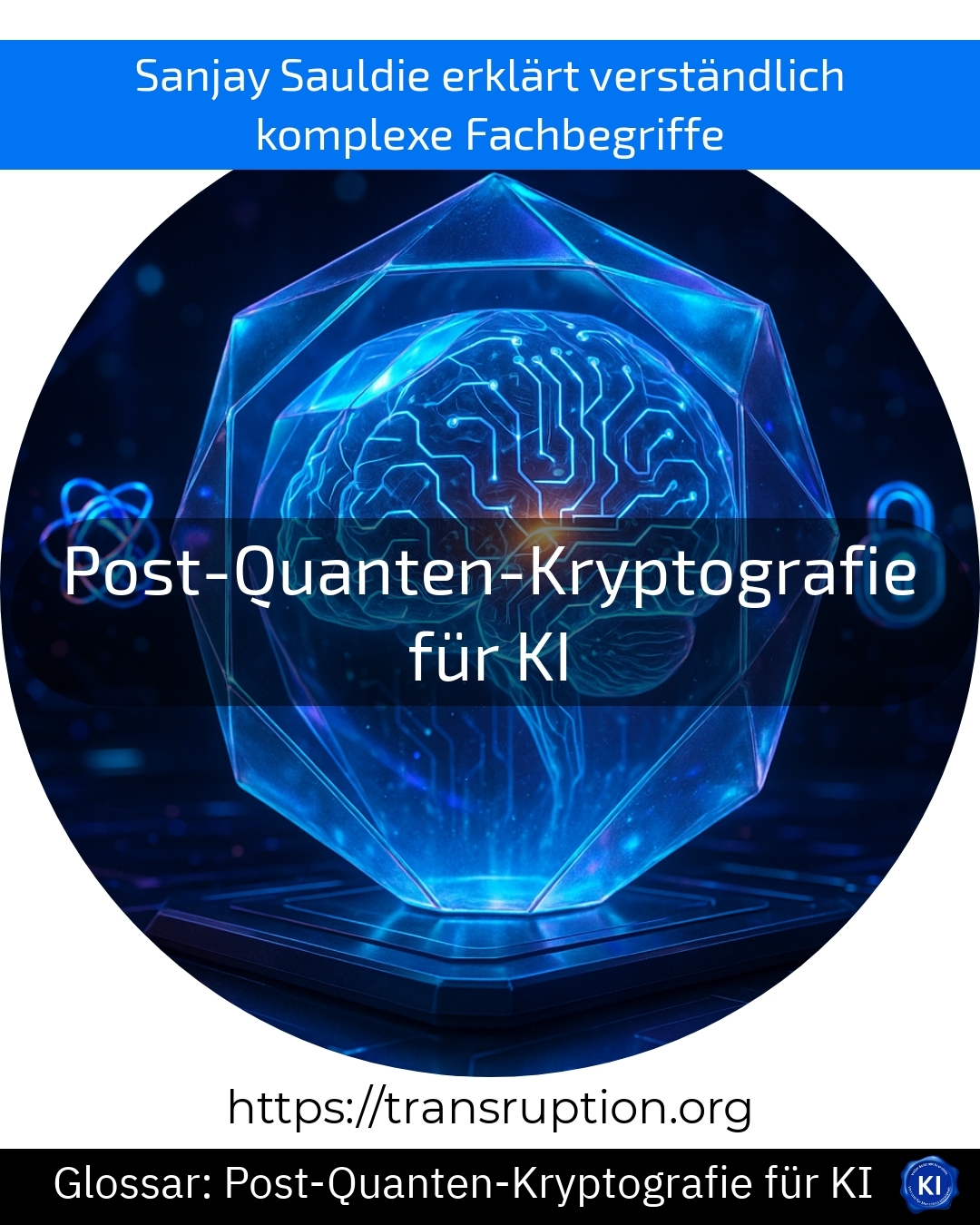Post-quantum cryptography for AI comes from the fields of artificial intelligence, cybercrime and cybersecurity as well as blockchain. It is concerned with how to keep data and communication secure even if quantum computers become widespread one day. Conventional encryption can easily be cracked by quantum computers. This is a particular problem for AI systems because they often work with sensitive data and need to protect it.
Imagine a company uses AI to analyse customer data in the healthcare sector. Today, this data is protected by encryption. In the future, with powerful quantum computers, hackers could bypass these protective mechanisms. This is precisely where post-quantum cryptography for AI comes in: It develops new encryption methods that are also secure against quantum computers. This keeps information private and AI applications trustworthy.
Post-quantum cryptography for AI is therefore an important safety net for the digital future to ensure that sensitive data does not fall into the wrong hands, even with the technological advances of tomorrow. Companies can thus continue to benefit from artificial intelligence without jeopardising the security of their data.















